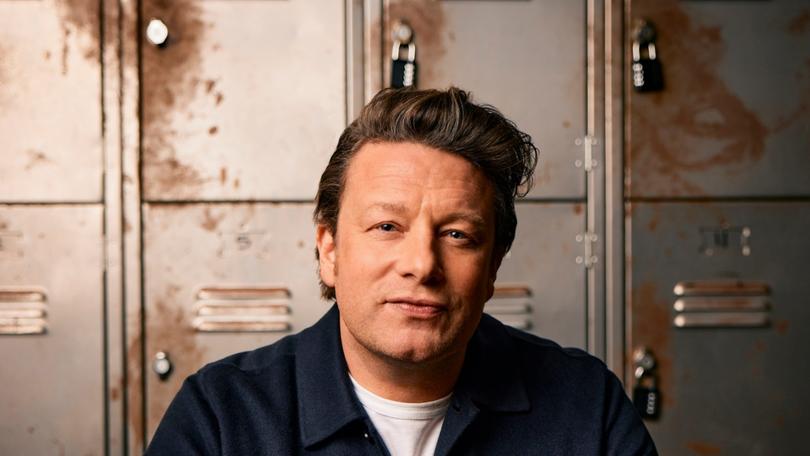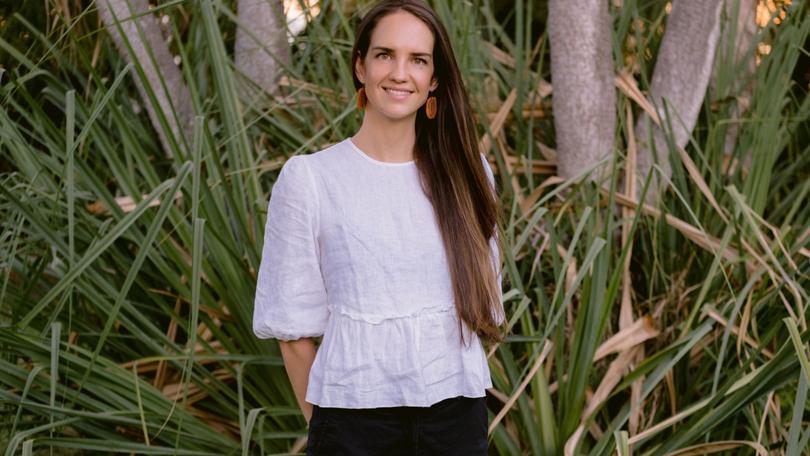How Jamie Oliver’s First Nations story line in children’s novel Billy and the Epic Escape came unstuck
Jamie Oliver’s children’s novel has been pulled form bookshelves after a controversy over his depictions of a First Nations girl. Here’s where it all went wrong for the celebrity chef.

When Dr Lilly Brown first read famed global chef Jamie Oliver’s children’s novel, Billy and the Epic Escape, she gasped.
This is because “Jamie Oliver’s book continues to peddle negative stereotypical tropes and representations of First Nations people, and their family structures,” Dr Brown, CEO of the Broome-based Indigenous publishing house, Magabala Books, said.
The novel revolves around a First Nations girl living in foster care.
Sign up to The Nightly's newsletters.
Get the first look at the digital newspaper, curated daily stories and breaking headlines delivered to your inbox.
By continuing you agree to our Terms and Privacy Policy.It has been pulled from bookshelves after a sweeping condemnation of its contents by the National Aboriginal and Torres Strait Islander Education Corporation.
Oliver’s book contributed to the “erasure, trivialisation and stereotyping of First Nations peoples and experiences”, according to a NATSIEC statement.
Penguin withdrew Mr Oliver’s novel from bookshops and acknowledged there had been no consultation with First Nations people or organisations before its publication.
“It is clear that our publishing standards fell short on this occasion, and we must learn from that and take decisive action,” a spokesperson for Penguin UK told the ABC.
The Nightly contacted Penguin UK for comment, but it did not respond.
Oliver issued a statement saying he was “devastated” to have caused hurt.
“It was never my intention to misinterpret this deeply painful issue,” he said.
The character of Ruby from Mparntwe, also known as Alice Springs, holds magic abilities in the novel, and is kidnapped from her home in Central Australia.

According to Dr Brown, a narrative arc involving the removal of a First Nations child is harmful due to the removal of First Nations children from their families.
“Even the thought that a story could exist out there, written by a non-Aboriginal person, where there’s kind of intimations of child removal in the context of Stolen Generations, but also the ongoing removal of First Nations kids from their families at a disproportionate rate, is really shocking,” Dr Brown said.
She says the novel includes incorrect examples of First Nations language used by the Gamilaraay people of NSW and Queensland, when the character of Ruby is from Mparrtwe.
She blames this flaw on Penguin not engaging in any First Nations consultation about the book’s contents.
“In 2024 when you have a non-Aboriginal author representing communities of colour or minority communities (and at a time when) there is enough knowledge circulating, it is a huge oversight of Penguin,” she said.
She said this neglect points to a broader issue: the commercialisation of Aboriginal stories that are neither told nor authored by Aboriginal people.
“First Nations stories have become a bit of a hot thing, which is really exciting because it can mean more investment in First Nations authors.
“But when a non-Aboriginal person is telling a First Nations story it continues quite an extractive and colonial approach.
“Commercial publishing houses might not be thinking about the implications, rather they might be thinking more of the dollar attached to that narrative.”
Dr Brown has understanding in this matter as Magabala Publishing is a not-for-profit organisation, with proceeds dedicated to elevating the role of First Nations authors.
However, she acknowledges the exploration of First Nations characters by non-Aboriginal authors is not necessarily off limits.
“The reality is that for a lot of white Australians, they might have grown up with First Nations people, that inspiration might be there,” Dr Brown said.
“It’s not our job to say who should or should not represent anyone.
“I think the issue is that the story that (Jamie Oliver) is trying to commodify really damaging representations of Aboriginal and Torres Strait Islander people.”
Among children’s books written by first nations authors stocked on Magabala store shelves, My Dad’s Gone Away by former AFL star footballer Andrew Krakouer is prominent.
The book explores the complexities of having a parent in jail.
Kraukouer describes it as “decades overdue”.
Dr Brown believes My Dad’s Gone Away underlines the effectiveness of First Nations stories being told by authentic voices.
The author drew from on his real-life experience of his father being jailed for eight years for drug trafficking, when he was just 13 years old.
She praises his book for “humanising” the experience of having a parent in prison.
“It really supports readers to grow their empathy, and sends a message to Aboriginal kids, or any kid that has a parent incarcerated, that you’re loved and part of a community,” she said.
Originally published as How Jamie Oliver’s First Nations story line came un-stuck
